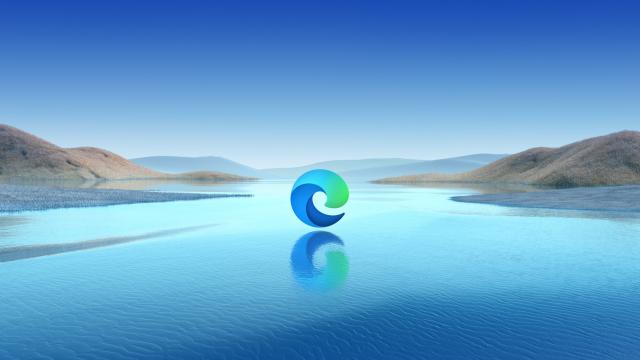They say that some people never change. The same goes for some operating systems. The next version of Windows is due this spring, and with the beta out for developers and Windows insiders, there have been plenty of chances to dive into the OS to see what’s next from Microsoft. And there’s evidence of the same old story. Namely, Microsoft wants to make it hard for you to use a browser that isn’t Edge.
The Verge reports on how convoluted the new process is to change the default browser in Windows 11. Like in Windows 10, you’ll get a prompt when you click on a web link asking you to choose an app. But unless you specifically tell the system that you’d like to switch browsers, it will assume you’re ok with Microsoft Edge as the default. And if you’re used to Windows 10, you might not even think to select the “always use this app” toggle, which is an essential step for telling the system that what you’d like to use is Google Chrome or Mozilla Firefox instead.
It gets worse: if you don’t remember on the initial pop-up, you’ll have to dig into the settings to change the default app for every specific file type. This can get tedious! It means you’ll have to tell Windows which app should open an HTM, HTML, PDF, SVG, and XHTML file — and that’s only a sampling of the file types that a browser can open. Additional screenshots show Windows 11 still nags the user to try Microsoft Edge when switching browsers. Even Windows 11’s default taskbar widget point the user directly to Edge, despite the default setting.
The Verge reached out to several other browsers for their reaction to the changes in Windows 11. Most of them are not happy with the practice. “Microsoft has a history of doing this, and it seems they are getting progressively worse,” said a Vivaldi spokesperson in a statement. “With every new version of Windows, it is getting harder [to change defaults]. They understand that the only way they can get people to use their browsers is to lock them in.”
Microsoft Edge is a solid browser. The company has made great strides in recent years to bring Edge up to speed with the latest offerings. It’s even compatible with Chrome’s variety of extensions, making it easy to switch if you prefer to multitask between different browsers at a time.
But Microsoft’s practice of forcing users to stick within its ecosystem is a page out of the company’s history book. Two decades ago, Microsoft was hit with an antitrust case by the U.S. government for doing nearly the same thing: bundling Internet Explorer as the immediate default browser on older versions of Windows. Microsoft suffered several losses during the proceedings and ultimately settled. It could be argued that the case made it possible for the many browser variants that exist today.
Microsoft told The Verge that it is “constantly listening and learning” and that as Windows 11 evolves, it welcomes additional feedback to help shape the operating system. We still have a bit of time before the final version of Windows goes out to everyone else. From what we’ve gleaned so far, despite all the visual changes coming to Windows 11, the desktop operating system remains weighed down by antiquated, anti-competitive dogma.

Comments